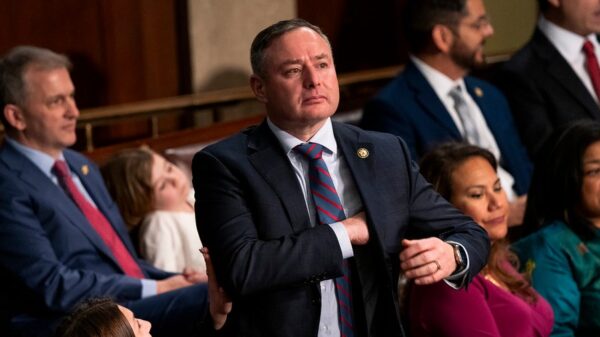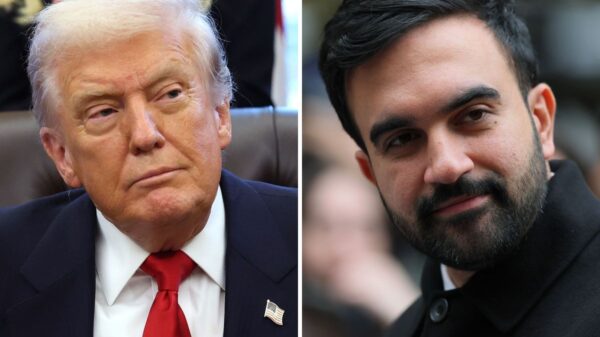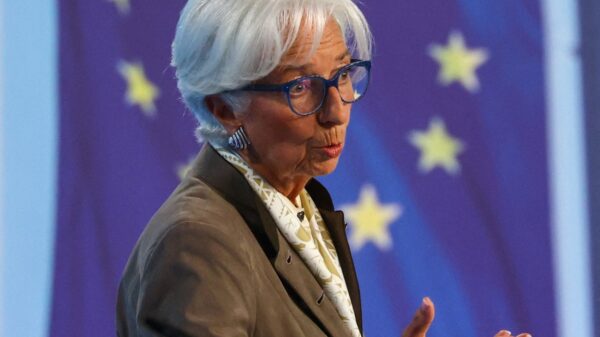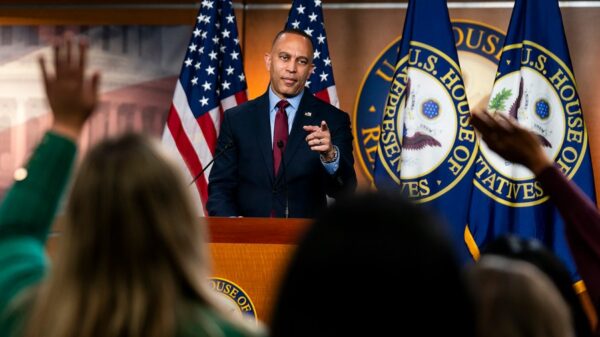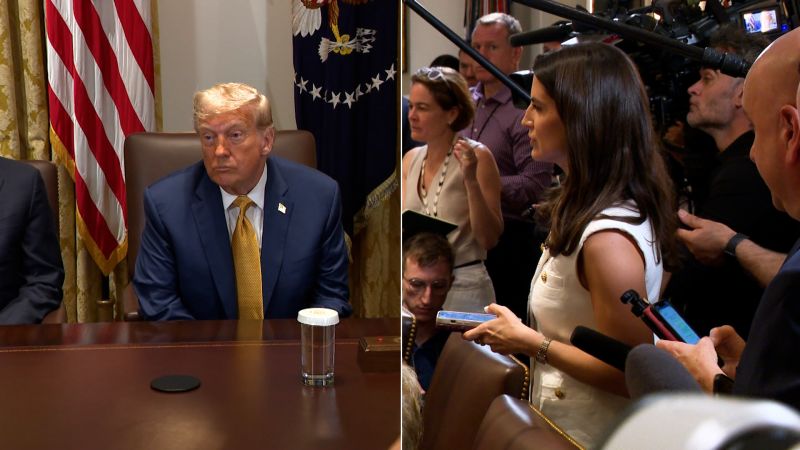President Donald Trump faced a challenging start to the week as he responded to devastating floods in central Texas while simultaneously engaging in discussions aimed at establishing a peace agreement with Israeli Prime Minister Benjamin Netanyahu. The tragic flooding in Texas has raised concerns about disaster response and recovery efforts, underscoring the pressing needs of affected residents.
In addition to the humanitarian crisis, the week brought significant developments regarding trade policies. The deadline for implementing reciprocal tariffs has been shifted to August, a move that could have far-reaching implications for international trade dynamics. This change has drawn attention from various sectors keenly observing the impact on market stability and economic relations.
Trump’s negotiations with Netanyahu are central to U.S. foreign policy in the Middle East. The discussions include a focus on advancing peace in the region, a goal that has seen various challenges over the years. As both leaders navigate complex political landscapes, their ability to forge an agreement could set a new course for Israeli-Palestinian relations.
The backdrop of these negotiations also features questions regarding military aid and support to Ukraine. Reports indicate that there may have been a pause on delivering weapons to Ukraine, prompting inquiries about who authorized this decision. The implications of such a pause could affect the ongoing conflict and U.S. relations with Ukraine and its allies.
As Trump balances domestic crises and international diplomacy, the coming days will reveal how these intertwined issues will unfold. The administration’s response to the floods in Texas will likely influence public perception, while the outcomes of the peace talks with Netanyahu could reshape U.S. foreign policy in the Middle East.





